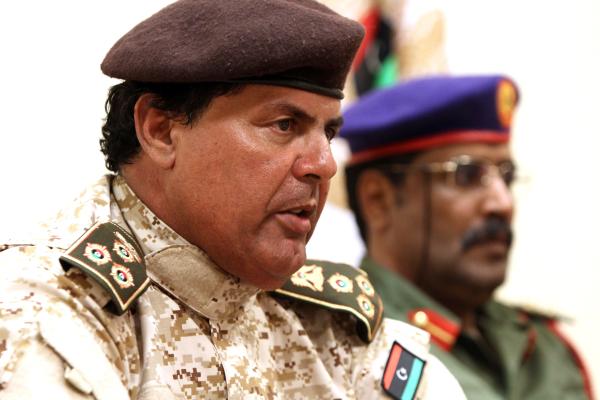France warned on Monday that an offensive by forces loyal to eastern Libyan commander Khalifa Haftar on oil facilities risked plunging the country into further dilemma and urged the national unity government to be more inclusive to break a political deadlock.
“The situation in Libya is worrying and has gotten worse,” Foreign Minister Jean-Marc Ayrault told reporters in New York. “Haftar’s offensive does not go in the right direction. There is a real risk of going backwards.”
According to R euters, the advance is the latest power struggle over the nation’s energy assets, after the fall of its previous regime head Muammar Gaddafi in 2011 and ensuing chaos left the North African country splintered into rival armed factions.
Haftar opposes the Tripoli government and has resisted its attempts to integrate his self-styled Libyan National Army (LNA) into unified armed forces. His seizure of the ports risks a response from powerful western brigades allied with the government and a deepening of regional divisions.
France’s Ayrault said the control of oil facilities for political means would lead the country nowhere and it was crucial that the National Oil Corporation (NOC) controls the fields under the auspices of the U.N.-backed Government of National Accord (GNA) of Prime Minister, Fayez Al-Sarraj.
The closure of pipelines since Haftar’s offensive has cost the country $27 billion in lost production. Libya is highly dependent on oil export revenue and needs to revive production to prevent economic collapse.
“The production and commercialization of oil must be done in the framework of the NOC under government control otherwise the risks of clashes in Libya are considerable,” Ayrault said.
He said Sarraj’s government had to do more to set up a much larger representative government that would also include Haftar in some capacity.
“If Libya goes backwards then it risk reinforcing terrorism and ISIS,” he said.
